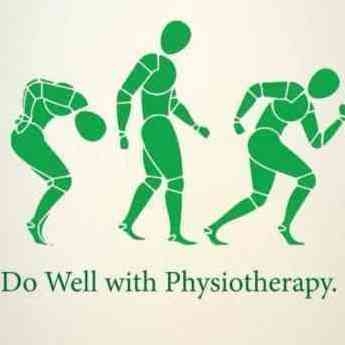+918042754929

This is your website preview.
Currently it only shows your basic business info. Start adding relevant business details such as description, images and products or services to gain your customers attention by using Boost 360 android app / iOS App / web portal.
Post nasal drip. ============= Every day, glands i...
Post nasal drip. ============= Every day, glands in the linings of your nose, throat, airways, stomach, and intestinal tract produce mucus. ... When the mucus runs down the back of your nose to your throat, it's called postnasal drip. ... Sinus infection or sinusitis , which is an inflammation of the sinuses. How do you get rid of post nasal drip? Causes Postnasal Drip. =================== Colds. Flu. Allergies , also called allergic postnasal drip. Sinus infection or sinusitis , which is an inflammation of the sinuses. Object stuck in the nose (most common in children) Pregnancy. Can post nasal drip cause eye problems? If sinus infection is also present, headache and facial tenderness can occur. Severe infections can be associated with fever and chills. Watery eyes, fatigue, poor sense of smell, and puffiness under the eyes can be other symptoms seen with postnasal drip. Post-nasal drip can be caused by allergies, among other things. There are many causes of post nasal drip, or phlegm in the throat, which causes many people to frequently clear their throats. While the symptoms are similar, causes may include: Allergic rhinitis (hayfever) Certain medications , including some for birth control and blood pressure. Shortness of breath and wheezing are byproducts of asthma. These breathing difficulties can result in a chronic cough. ... Sinusitis and post nasal drip: Frequent sinus infections can cause post-nasal drip, (sometimes called “a tickle in the back of the throat”), and drainage can trigger chronic cough. Symptoms. ========= How do you get rid of post nasal drip? A simple way to thin it out is to drink more water. Other methods you can try include: Take a medication such as guaifenesin (Mucinex). Use saline nasal sprays or irrigation, like a neti pot, to flush mucus, bacteria, allergens, and other irritating things out of the sinuses. Is post nasal drip a sign of cancer? Although many sinus or nasal cancers exhibit no symptoms, certain prolonged symptoms may indicate cancer, including: Persistent nasal congestion, especially on one side. Pain in the forehead, cheek, nose or around the eyes or ear. Post-nasal drip at the back of the throat. Treatment.(home remedies). ======================= A simple way to thin it out is to drink more water. Other methods you can try include: Take a medication such as guaifenesin (Mucinex). Use saline nasal sprays or irrigation, like a neti pot, to flush mucus, bacteria, allergens, and other irritating things out of the sinuses. Newer, nondrowsy antihistamines like loratadine-pseudoephedrine (Claritin) can work to get rid of postnasal drip. However, these are more effective after you take them for several days. Saline nasal sprays can help moisten your nasal passages and reduce symptoms of postnasal drip. Avoid fatty and fried foods Symptoms of GERD, including post-nasal drip and sore throat, can be drastically reduced by avoiding reflux-aggravating foods. That means anything fried and anything high in fat, as well as chocolate, coffee, alcohol, carbonated drinks, citrus fruits, and peppermint. Surgery. ====== Functional endoscopic sinus surgery (FESS) – This surgery is performed using camera-guided imagery. It may be recommended for patients with structural issues such as a deviated septum or problematic sinus structure that makes them more likely to develop sinusitis and post-nasal drip. You may notice some dark brown nasal discharge for several weeks after your surgery. This is old blood and mucus being cleared from the sinuses and is normal. Also, thick yellow or white drainage is common. This does not mean you have a sinus infection.Will septoplasty stop post nasal drip? The primary goal of septoplasty surgery is to improve breathing through nose. This may however also reduce other symptoms such as nasal discharge, post-nasal drip, sinus pressure, recurrent sinus infections, or impaired sense of smell. Septoplasty surgery is usually performed under general anesthesia.

